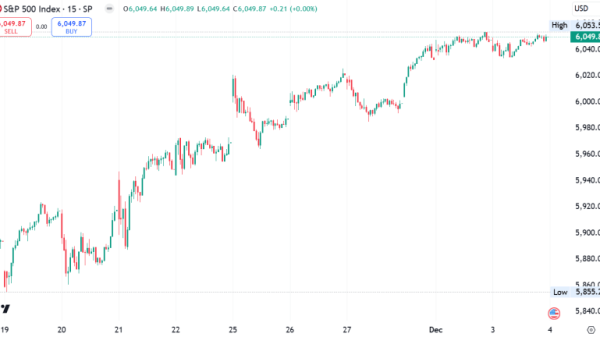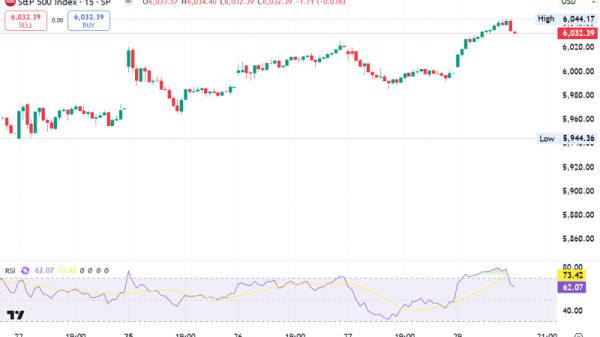WASHINGTON (Reuters) – The number of Americans filing new applications for unemployment unexpectedly fell last week, but could remain elevated in the near-term amid the effects of Hurricanes Helene and Milton, obscuring the labor market picture.
Initial claims for state unemployment benefits dropped 19,000 last week to a seasonally adjusted 241,000 for the week ended Oct. 12, the Labor Department said on Thursday.
Economists polled by Reuters had forecast 260,000 claims for the latest week. Claims jumped to more than a one-year high in the prior week, attributed to Helene, which devastated Florida and large swathes of the U.S. Southeast in late September.
The ebb in filings from Helene is likely to be offset by an anticipated deluge of claims due to Milton, which slammed into Florida weeks after Helene.
A month-long strike by roughly 33,000 machinists at Boeing (NYSE:BA), which is having ripple effects on the planemaker’s supply chain as well as its non-striking workforce, is also blurring the labor market view. Boeing had been struggling with a multitude of problems before the strike by its unionized West Coast workers and last week announced 17,000 job cuts.
The claims report covered the week during which the government surveyed employers for the nonfarm payrolls component of October’s employment report. Economists expect Federal Reserve officials won’t place too much weight on the employment report when they meet in early November. The report will be released days before the Nov. 5 U.S. presidential election.
Nonfarm payrolls increased by the most in six months in September, with the unemployment rate falling to 4.1% from 4.2% in August. The U.S. central bank last month cut its benchmark interest rate by an unusually large 50 basis points to the 4.75%-5.00% range, the first reduction in borrowing costs since 2020, highlighting rising risks to the labor market.
The Fed, which raised its policy rate by 525 basis points in 2022 and 2023 to tame inflation, is expected to lower rates by only 25 basis points next month.
The number of people receiving benefits after an initial week of aid, a proxy for hiring, rose 9,000 to a seasonally adjusted 1.867 million during the week ending Oct. 5, the claims report showed.




































